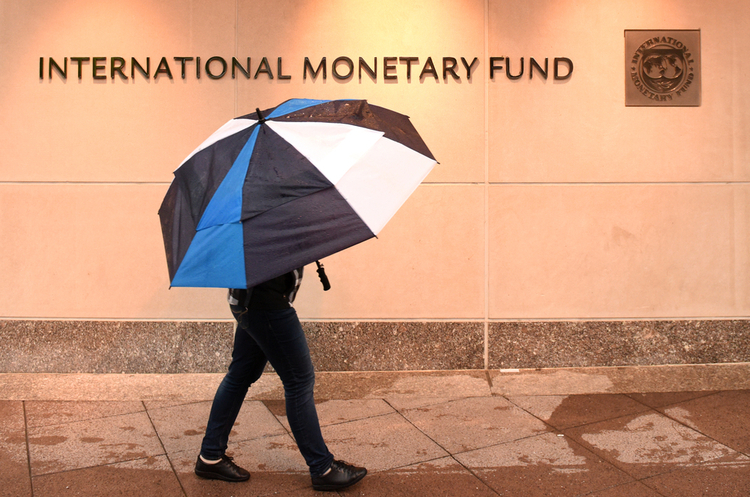Recession cancelled: IMF sees no signs of global economic growth deterioration
Yet many challenges still cloud the horizon, and it is too early to celebrate

Following the practical economists, theorists have also joined the recession cancellation party. According to the conclusions of the International Monetary Fund in the World Economic Outlook review, the risk of economic shocks this year has decreased. Global economic growth will slow to 3 percent, a 0.2 percentage points upgrade for 2023 from IMF's April projections.
However, not everything is so rosy, states the IMF:
- High inflation levels are impacting the economy of the G20 nations;
- Developing countries are experiencing debt constraints;
- Crises such as the russian invasion of Ukraine are driving up the prices of food, fuel, and fertilisers – the situation will futher worsen after the cessation of the grain initiative.
"Signs are growing that global activity is losing momentum," says leading IMF economist Pierre-Olivier Gourinchas. "Yet many challenges still cloud the horizon, and it is too early to celebrate."
The IMF assessed the situation in 190 countries.
Among the winners is the UK. It is managing to avoid recession with a growth rate of 0.4%, driven by high consumer spending.
- The prospects look good for the USA too – growth will reach 1.8% this year.
- China will demonstrate 5.2% growth. We previously reported that this was indeed growth, but much more modest than what was possible.
- Germany, on the other hand, is in trouble. It is the only country, according to the IMF, whose economy will shrink due to a decline in industrial production, dragging the overall Eurozone economy down to 0.9%.
If a global financial crisis doesn't strike, the future of the world economy looks bright. However, Gourinchas urged central banks not to rush to lift restrictions and lessen control.
Banks are expected to heed the advice: the Federal Reserve is set to raise the key interest rate by a quarter of a percentage point. Tomorrow, the European Central Bank is set to establish the highest interest rate since 2000, and next week, the Bank of England could raise the interest rate for the 14th consecutive time.
If you have read this article to the end, we hope that means it was useful for you.
We work to ensure that our journalistic and analytical work is of high quality, and we strive to perform it as competently as possible. This also requires financial independence. Support us for only UAH 196 per month.
Become a Mind subscriber for just USD 5 per month and support the development of independent business journalism!
You can unsubscribe at any time in your LIQPAY account or by sending us an email: [email protected]



